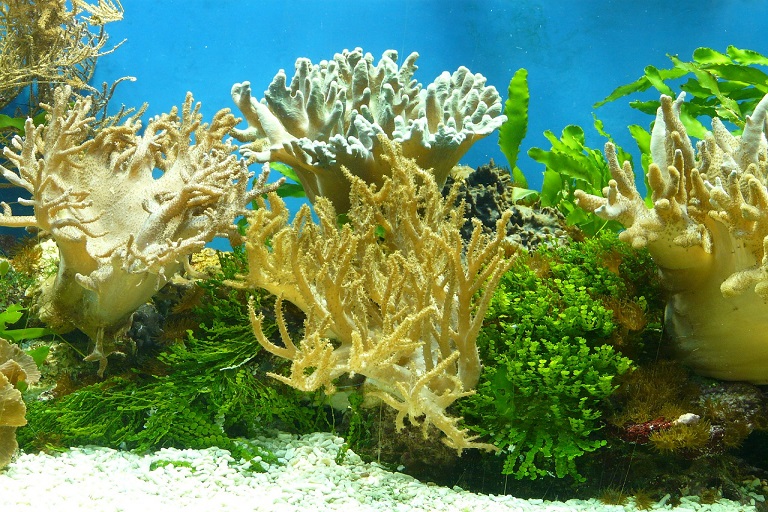
Research skills and research methods represent an important element of postgraduate training in Tropical Marine Biology. In addition, students need to acquire training and competence in writing scientific reports and in critical evaluation of data in the light of published information. Supervisors will assist with finding a suitable research project but the choice of project is the student's responsibility. Before commencement of the research project, students undertake detailed research of the relevant scientific literature and prepare a project proposal (10% of the project mark). For the research project itself, students are provided with appropriate training relevant to their individual project. During the latter stages of the project, students compile a detailed report (in scientific paper format), including a literature review (90% of project mark).
An alternative work-based learning project may also be available. This would include an 8 – 12 week placement. Work-based projects will be shared with students if available. These are not guaranteed and will vary according to the research needs of the placement provider. Students interested in these projects will be need to participate in a selection process.
Students are also able to identify their own work-based projects. These would need to be approved by the academic supervisor and Faculty Placements Team before the placement can start.
Learning Outcomes:
To pass this module students will need to be able to:
1. demonstrate a theoretical and/or applied knowledge of cutting edge approaches to key aspects of tropical marine biology and ecology (e.g. zoology, primary productivity, mariculture and fisheries, microbiology); and/or of applied marine biology (e.g. management, conservation and biotechnology);
2. demonstrate an understanding of the fundamental concepts of marine science (irrespective of disciplinary background), and be able to integrate cross-disciplinary analyses of related issues;
3. demonstrate skills in the critical evaluation of relevant literature;
4. have developed a key range of skills including information acquisition from web-based and library sources, self-learning, writing of a literature review.
An alternative work-based learning project may also be available. This would include an 8 – 12 week placement. Work-based projects will be shared with students if available. These are not guaranteed and will vary according to the research needs of the placement provider. Students interested in these projects will be need to participate in a selection process.
Students are also able to identify their own work-based projects. These would need to be approved by the academic supervisor and Faculty Placements Team before the placement can start.
Learning Outcomes:
To pass this module students will need to be able to:
1. demonstrate a theoretical and/or applied knowledge of cutting edge approaches to key aspects of tropical marine biology and ecology (e.g. zoology, primary productivity, mariculture and fisheries, microbiology); and/or of applied marine biology (e.g. management, conservation and biotechnology);
2. demonstrate an understanding of the fundamental concepts of marine science (irrespective of disciplinary background), and be able to integrate cross-disciplinary analyses of related issues;
3. demonstrate skills in the critical evaluation of relevant literature;
4. have developed a key range of skills including information acquisition from web-based and library sources, self-learning, writing of a literature review.
- Module Supervisor: Michael Steinke